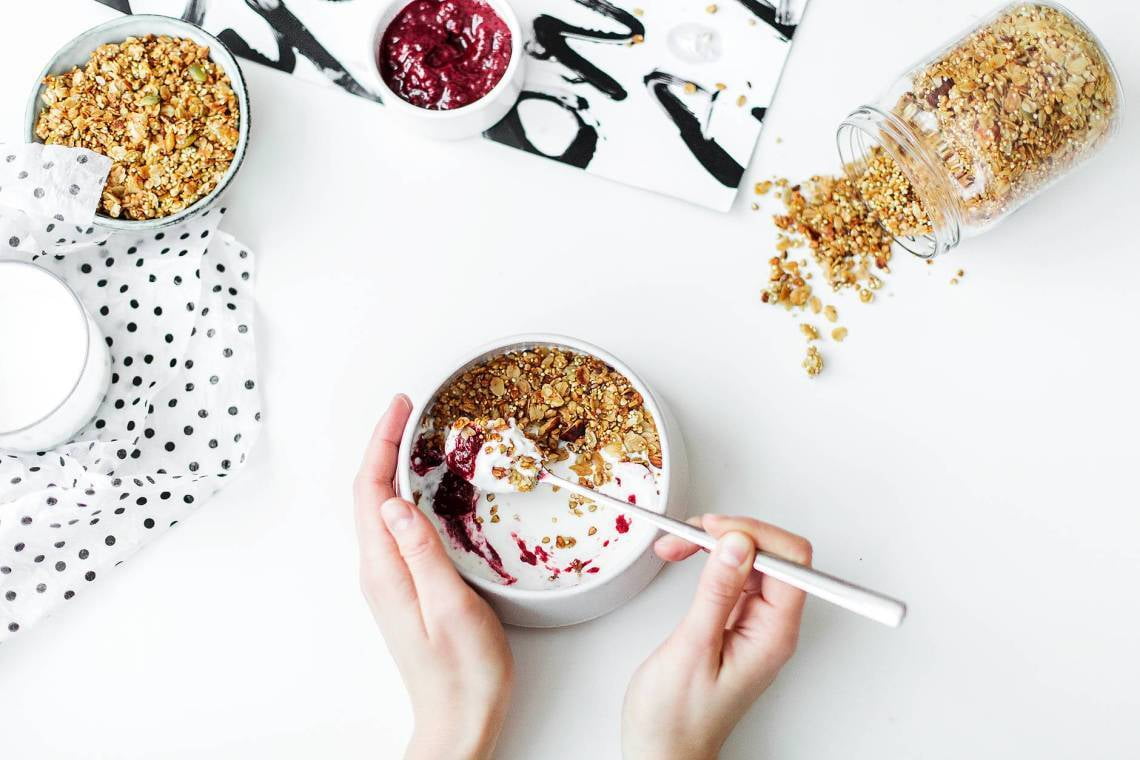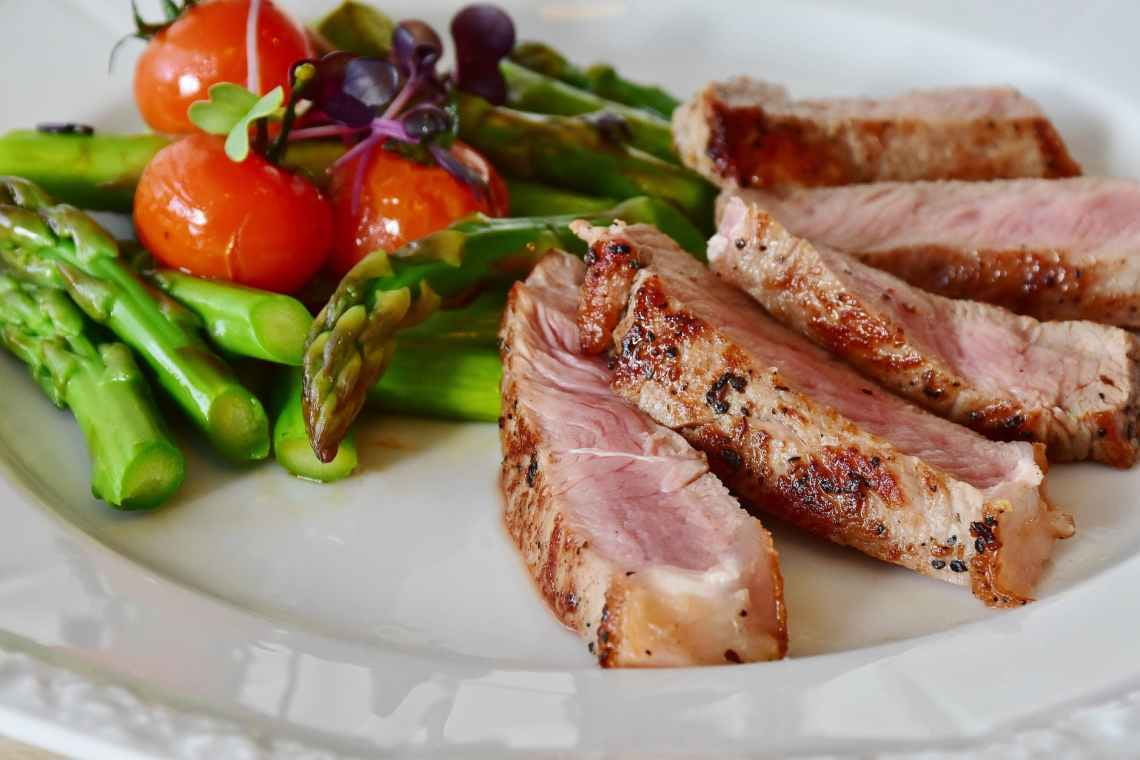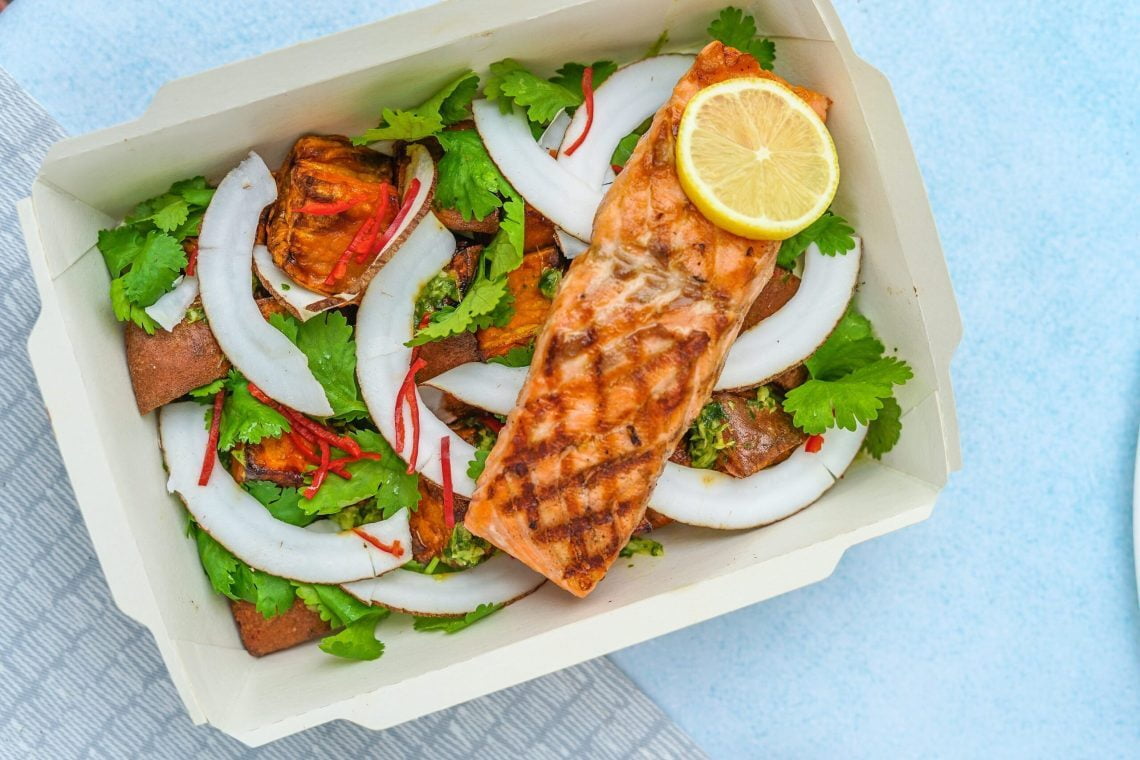Is it just me or is anyone feeling bit stressed out after witnessing last weeks debates? No matter what side you support and/or don’t support, that was all around a shit-show (excuse my language). Between COVID, the economy, racial issues, and now an election looming ahead there seems to be plenty of things to be stressed about. In fact, the CDC reports that the prevalence of anxiety disorders has tripled and depressive disorders have increased four times over compared to 2019.

In 2017, I was diagnosed with ‘general’ anxiety disorder. At the time of my diagnosis, I was going through a divorce so it really of no shocker when I got the diagnosis. I was struggling with sleep, had little to no appetite, and had convinced myself that my life was basically over.
Fast forward three years later, and I can say with the help of counseling, my faith in God, and strong support system I made substantial strides in overcoming my anxiety. Yet, I can’t sit here and claim that my progress has always been linear, because life certainly isn’t linear. It’s filled with ups and downs, and well 2020 has certainly been marked with plenty of ‘downs’ more than ups. If there were ever a year for someone to start experiencing anxiety, depression, or even symptoms of either condition this year had all of the ingredients for a ‘perfect storm.’
This got me thinking, aside from your traditional treatments for anxiety and depression (i.e, medication, therapy, movement), where does food fit into this equation? We all know food has an ability to prevent, reverse and even cure certain physical conditions; but what you might not know less about are the nutrients have been linked to mental health conditions like depression and anxiety.
So whether you are feeling stressed, depressed, or simply want to add more feel good foods in your diet, consider adding more of these 5 nutrients to boost your mood and brain health!
Probiotics
Probiotics are live microorganisms (mostly bacteria and some yeast) that when consumed confer a benefit to the host (that’s you!). Probiotics offer multiple benefits including improving immunity, digestion, and more recently have been found to impact mood. The bacteria, which reside in our gut, interact with the emotional and cognitive centers of your brain–better known as the gut-brain axis. Probiotic are believe to play a role in serotonin production. And as you probably remember, serotonin is key neurotransmitter that brings about happiness.
What’s the best way to up your intake of mood-boosting bacteria? Start with eating more fermented foods like yogurt, sauerkraut, kimchi, and kombucha. To maximize the health of your microbiome, you not only need to consume probiotics but the food that they eat—prebiotics. Prebiotics are non-digestible starches found in foods like onion, artichokes, bananas, and beans and they serve as fuel for the the bacteria that live inside you.

Iron
We all know iron as the nutrient that made Popeye strong. But beyond it’s ability to build lean muscle mass, it play a key role in transferring oxygen throughout the body including the brain. People who are iron-deficient are at greater risk of experiencing depressive like symptoms including brain fog and fatigue.
While Popeye loved to get his iron in the form of spinach, leafy greens aren’t the only source. Beef, veal, liver, tuna, sardines, and oysters top the charts for being some of the most iron rich foods. However, if meat isn’t really your thing, soybeans, tofu, leafy greens, Brussel sprouts, and beans are all good options.
Because the iron found in plant foods isn't as bioavailable as iron that comes from animal sources, try pairing Vitamin C rich foods with plant sources of iron to maximize absorption.

Zinc
Zinc is one of the most prominent players for bolstering our immune system. But zinc, like iron, is also known to impact brain health. Second to iron, zinc is the most abundant trace mineral in the body and is involved in more than 300 enzymatic reactions. An insufficient intake of zinc is shown to interfere with learning, cognition, and is linked with depression. Because of zinc’s influence on brain chemistry, zinc supplementation combined with antidepressants like SSRI’s have been shown to be more effective at treating depression than SSRI’s alone.
Because we don’t store zinc in the body, we need consistent replenishment of it. Some of the best sources are red meat, shellfish (especially oysters and crabs), cashews, pumpkin seeds, beans and whole grains.
Beans and whole grains contain compounds called phytates. Phytates are considered an anti-nutrients because they bind minerals like zinc making them less bioavailable. That said, if you are vegan or vegetarian one way to increase your uptake of zinc is to choose sprouted or soaked whole grains and beans. The process of sprouting and soaking beans and grains degrades the plant’s phytates which frees up more Zinc and Iron for absorption.
Magnesium
Magnesium is what I call the ‘mellow-out’ mineral. You know how a soak in an epsom salt bath feels ‘awwwwe-mazing.’ Well, that’s because magnesium (a key component of epsom salt) helps control nerve impulses. While calcium helps muscles contract magnesium helps them relax. In the same, way magnesium makes muscle tension melt away it as a gatekeeper for firing neurons in the brain. And because anxiety is linked to an excitatory state magnesium essentially calms on over-excited brain.
Magnesium is most abundant in plant-based foods, specifically, nuts, beans, leafy greens, and fortified grains. Milk and yogurt are also a terrific source of magnesium.
One of my favorite ways to unwind at night is follow-up a soak in an Epsom salt bath with a cup of hot cocoa. The combination of dark chocolate and milk will provide a hefty dose of magnesium which can promote better sleep.

Omega 3 Fats
Omega 3’s are really the darlings of the world of dietary fat. Initially they became famous for their role in promoting heart health via reduction in triglycerides, arterial plaque, and blood clots. But as of lately, they have been receiving more recognition for their role in reducing symptoms of depression. DHA and EPA are two important omega 3 fatty acids that have the ability to cross the brain membrane and interact with mood-related molecules.
Omega 3’s derived from plants (ALA) are beneficial, but aren’t associated with brain health like it’s marine derived counterparts EPA and DHA.
So how much omega-3 do you need to eat to reap it’s purported brain benefits? Shoot for taking in 1-2 grams per day of EPA/DHA. This is equivalent to eating about 3 ounces of cooked salmon, herring, rainbow trout, or sardines per day. If eating that much fish seems impossible, you can always pop a high quality fish oil supplement on the days you go seafood-free.

If you liked today’s post and want to hear more about food and mood – please leave a comment below. I always love to hear your feedback and learn about what topics you are interested in learning about.
Cheers!
Alisa